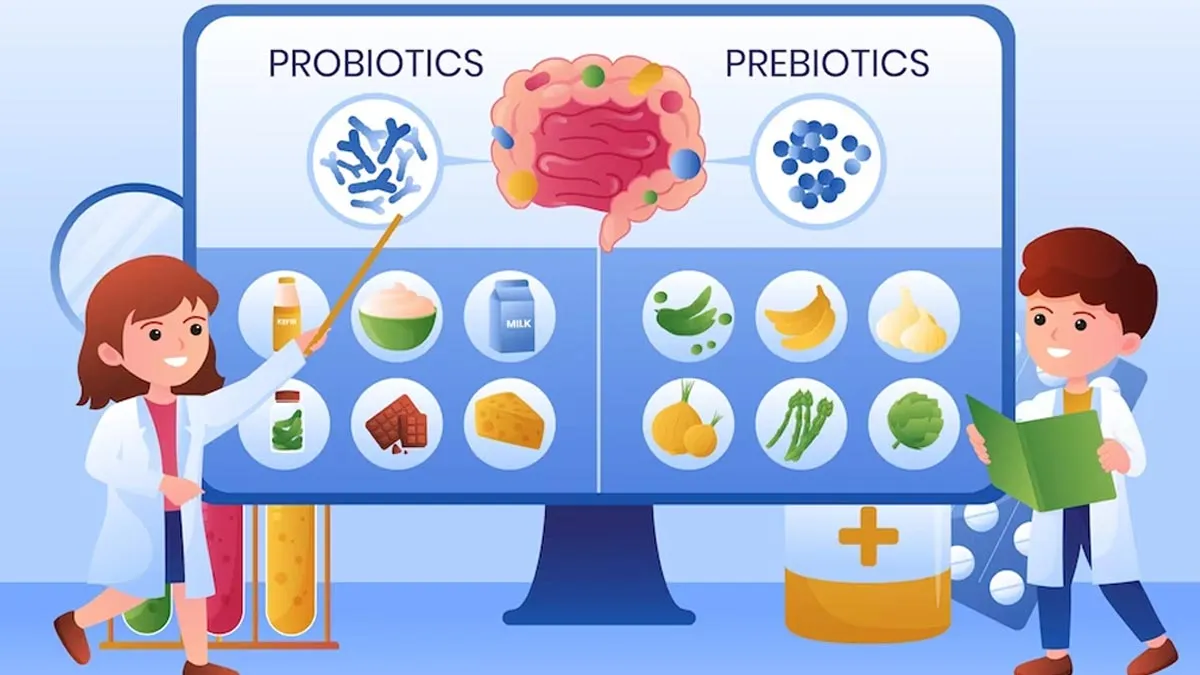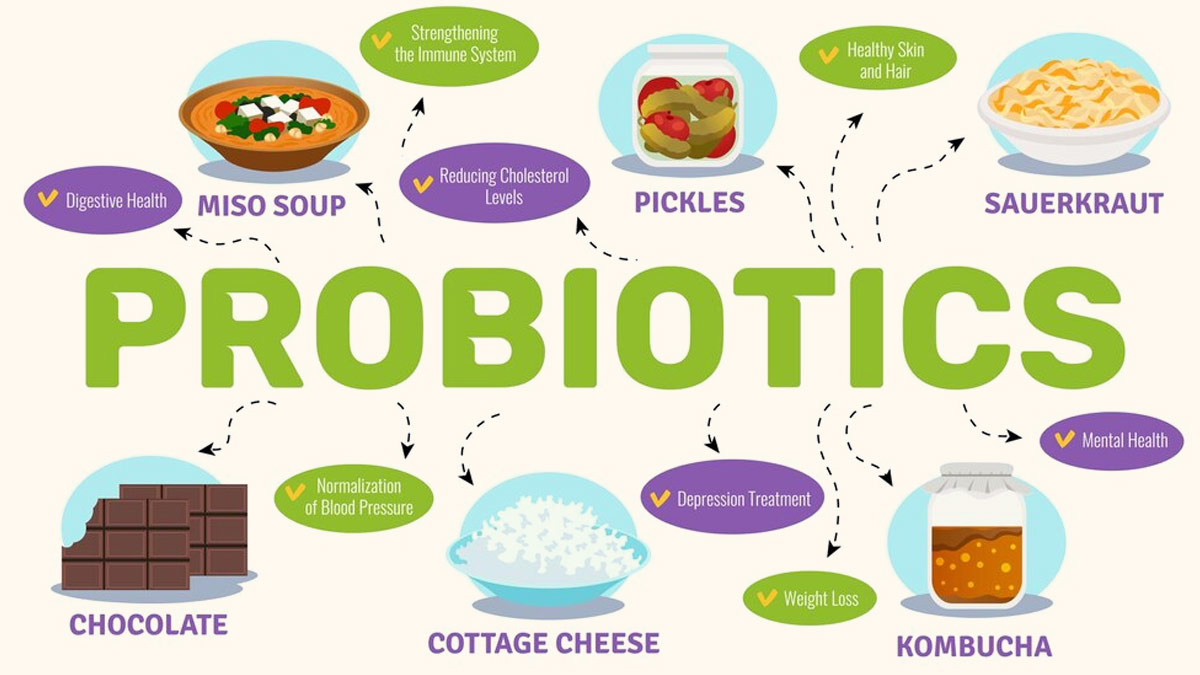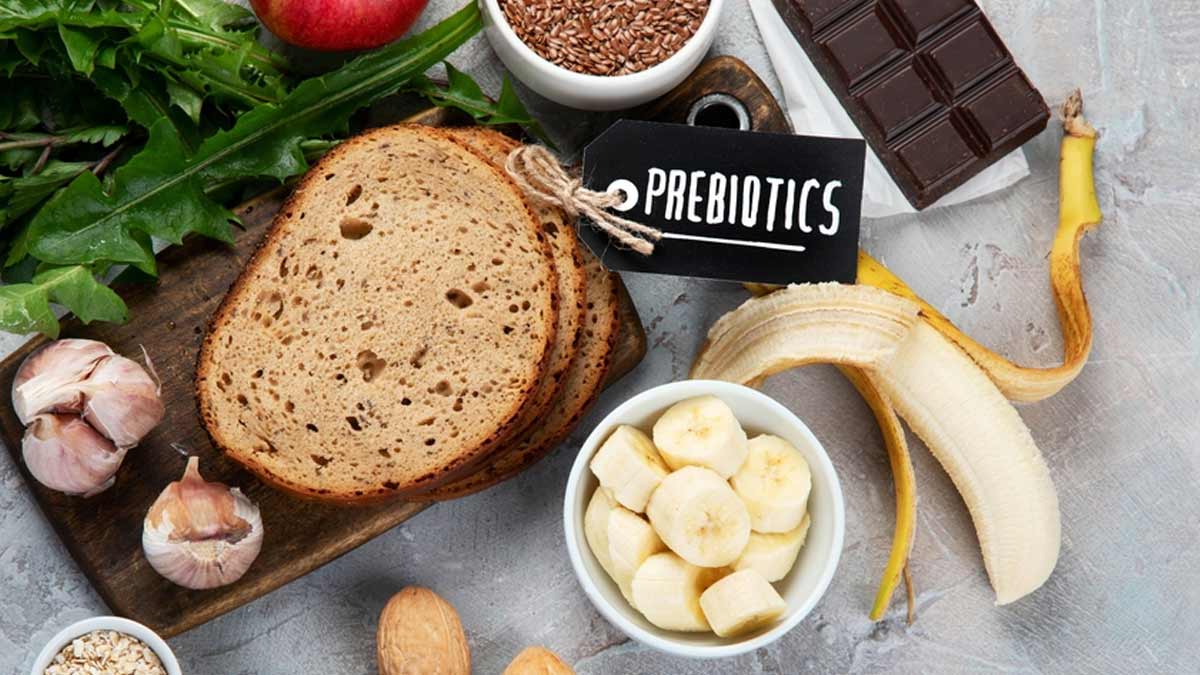
It's easy to feel lost in the massive universe of gut health supplements, with words like ‘probiotics’ and ‘prebiotics’ being thrown around. Though they are mentioned together, these two ingredients serve different but complementary purposes to build a healthy digestive tract. So the question remains: which one should you be taking?
Table of Content:-
We got in touch with our expert, Dr Shrey Kumar Srivastav, General Physician and Senior Consultant, Sharda Hospital - Noida, and asked the same question to him, and the answer, according to him, is not an either/or situation but more an education of their separate uses and how they complement each other. Here is what he shared with us and what you need to know before choosing for yourself.
Probiotics
Picture your gut as a thriving metropolis with trillions of tiny inhabitants. Probiotics are the ‘good’ bacteria and yeasts that help keep the inner city functioning in good health. They are living microorganisms which, when ingested in sufficient quantities, provide a health benefit to the host organism. Typical probiotic strains are Lactobacillus and Bifidobacterium, occurring in fermented foods such as yoghurt, kefir, sauerkraut, kimchi, and tempeh, and in dietary supplements.

The advantages of probiotics are numerous. They promote a healthy gut microbiome, preventing harmful bacteria from growing. The balance is important for efficient digestion and nutrient uptake. Probiotics also can:
- Enhance digestive disorders: Relieve symptoms of irritable bowel syndrome (IBS), constipation, and diarrhoea.
- Enhance immune function: Much of our immune system lies in the gut, and probiotics are important in its control.
- Improve mental health: There is emerging evidence for a robust gut-brain connection, such that probiotics can affect mood and cognitive performance.
- Support nutrient production: Specific probiotic strains can manufacture vitamins K and B.
Also Read: Is Your Supplement Intake Safe? Expert Shares What You Should Know!
Prebiotics
If probiotics are the good guests in your gut town, prebiotics are the ‘nourishment’ that feeds them. Prebiotics are fibre compounds that are not absorbed in the upper part of the gastrointestinal tract and help to stimulate the growth and activity of good bacteria in the colon. Consider them as advanced fertilisers for your gut garden.

Some common prebiotic sources are:
- Fruits: bananas, apples, berries.
- Vegetables: garlic, onions, leeks, asparagus, chicory root, dandelion greens.
- Legumes: lentils, chickpeas, beans.
- Whole Grains: Oats, barley.
When probiotics break down prebiotics, they create health-promoting byproducts, such as short-chain fatty acids (SCFAs) like butyrate, acetate, and propionate. These SCFAs are important for gut well-being, powering colon cells, dampening inflammation, and having the potential to affect metabolic health.
Synergistic Power of Synbiotics
So, which one should you eat? Ideally, both. Probiotics add good bacteria, and prebiotics provide an environment in which the bacteria can live and grow. Together, probiotics and prebiotics form a synbiotic, and it's becoming more and more understood as an effective method to maximise gut health.
Bottomline
Both probiotics and prebiotics are indispensable allies in the pursuit of optimal gut health. Probiotics restore and diversify your gut microbiome, while prebiotics feed these healthy residents. By adding both to your diet, either through food or specific supplementation, you give your gut the best chance to perform at its best, which leads to overall health and well-being. It is not a question of ‘which one,’ but rather taking advantage of the synergistic potential of these two great components for a healthy inner ecosystem.
Also watch this video
How we keep this article up to date:
We work with experts and keep a close eye on the latest in health and wellness. Whenever there is a new research or helpful information, we update our articles with accurate and useful advice.
Current Version